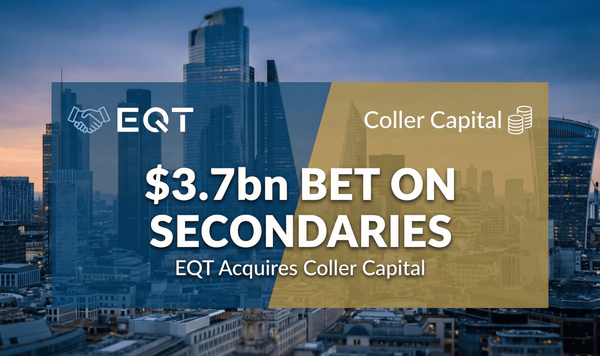The Investment Committee in Venture Capital: How VCs Decide Which Startups Get Funded
Introduction: The Gatekeepers of Venture Capital
In venture capital, every startup dreams of securing that all-important yes. But behind every funding decision lies a powerful group that determines who gets backed: the Investment Committee (IC).
While individual partners may champion a deal, the final decision often rests with this governing body. Understanding how investment committees work is essential for both founders seeking funding and investors aiming for disciplined decision-making.
What Is an Investment Committee in Venture Capital?
An Investment Committee (IC) in venture capital is a formal group, usually composed of senior partners and advisors, that makes final decisions on which startups a fund invests in.
The IC ensures each investment aligns with the fund’s strategy, risk tolerance, and long-term return objectives.
Investment committees exist across many investment vehicles—such as pension funds, endowments, and private equity—but in VC, their role is particularly crucial.
Who Sits on a VC Investment Committee?
A venture capital investment committee typically includes:
- Senior Partners / General Partners (GPs): The core decision-makers, often the fund’s founders or most experienced investors. They bring deep industry knowledge and oversee fund strategy.
- Managing Partners: Often overlapping with senior partners, they frequently chair the IC and bear responsibility for overall fund performance.
- External Advisors (sometimes): Larger VC firms may include independent experts to provide specialized knowledge or an unbiased perspective.
Roles and Responsibilities of the VC Investment Committee
The investment committee in venture capital performs several critical functions:
- Due Diligence Review: Evaluates the deal team’s findings on market potential, team strength, technology, and financial projections.
- Strategic Alignment: Ensures the startup fits within the fund’s investment thesis, stage focus, and sector priorities.
- Risk Assessment: Weighs risks—including market, execution, and technology—against potential returns.
- Valuation & Deal Terms: Scrutinizes valuation and legal terms (e.g., liquidation preferences, board seats) to protect LP interests.
- Portfolio Construction: Considers how each investment fits within the broader fund - balancing diversification and sector exposure.
- Governance & Discipline: Provides checks and balances, preventing impulsive or biased decisions.
The VC Investment Committee Process: From Pitch to Approval
To understand how ICs operate, let’s follow a hypothetical Series A fund, Quantum Ventures, considering an AI startup called Synapse Innovations:
- Initial Screening: A partner at Quantum Ventures identifies Synapse Innovations and sponsors the deal.
- Internal Review: The opportunity is discussed within the investment team for feedback and refinement.
- Deep Due Diligence: Analysts conduct customer calls, market sizing, technical evaluations, and founder reference checks.
- Investment Memorandum (IM): Findings are compiled into a detailed document covering risks, opportunities, and terms.
- IC Presentation: The partner and deal team present the IM to the investment committee.
- Presentation: Overview of the startup and opportunity.
- Q&A: Rigorous questioning by IC members.
- Debate: Weighing pros and cons.
- Vote: Typically requiring a majority or supermajority approval.
- Investment & Closing: If approved, legal negotiations begin, leading to a signed deal.
Why the Investment Committee Matters in Venture Capital
The IC structure is critical for several reasons:
- Bias Mitigation: Prevents a single partner’s enthusiasm from overshadowing red flags.
- Collective Wisdom: Harnesses the diverse expertise of seasoned investors.
- Accountability: Creates a clear chain of responsibility for investment decisions.
- LP Confidence: Demonstrates disciplined, structured governance to limited partners.
While VC is known for bold risk-taking, the investment committee ensures decisions are grounded in analysis and strategy.
FAQs About Investment Committees in Venture Capital
Q: Do all venture capital firms have an investment committee?
A: Most institutional VC firms have an IC, though smaller funds may rely on partner consensus instead of a formal committee.
Q: What questions do investment committees ask startups?
A: They often probe assumptions about market size, customer acquisition, competition, financial projections, and the founding team’s ability to execute.
Q: How is an investment committee different from a board of directors?
A: An IC decides whether the fund invests in a company, while a board of directors governs a company after investment.
Q: Can a single partner override the investment committee?
A: Rarely. In most funds, IC approval is required before deploying capital, though structures vary by firm.
Conclusion
The investment committee in venture capital serves as the ultimate gatekeeper between startups and the capital they seek.
By blending rigorous due diligence, strategic oversight, and collective wisdom, ICs ensure that only the most promising, strategically aligned startups move forward.

